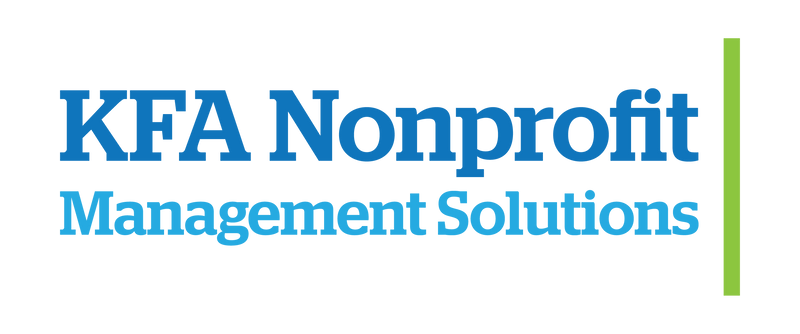
For most nonprofits, promoting inclusivity and diversity is paramount. Nonprofits play a pivotal role in providing equal opportunities for everyone, including the disabled community. This week, we are highlighting the importance of nonprofit organizations offering accessible volunteer opportunities for disabled people and creating environments that accommodate and empower disabled individuals to actively engage in volunteer work.
Belonging and a Sense of Community
Disability can be isolating, especially for individuals excluded from the workforce. Volunteering offers a great opportunity to engage socially and connect with the community in a meaningful and fulfilling way. By ensuring our nonprofits offer accessible volunteer opportunities that are accessible to disabled individuals, nonprofits not only benefit from our contributions to the nonprofit’s work, organizations can expand their impact to include providing opportunities for us to belong and be a part of the community.
Promoting Inclusivity and Diversity
Inclusivity and diversity are essential principles nonprofit organizations should embrace. By offering accessible volunteer opportunities, these organizations demonstrate their commitment to inclusivity, ensuring that everyone, regardless of their disability, has the chance to contribute meaningfully to society. This sends a powerful message that disabled individuals are valued and our skills and talents are appreciated.
Empowering and Enhancing Self-Esteem
Volunteering offers a sense of purpose and fulfillment, contributing to personal growth and enhancing self-esteem. Disabled individuals often face the challenge of societal stereotypes and preconceived notions about our abilities. Through accessible volunteer opportunities, nonprofits can help break down these barriers and empower disabled individuals to showcase our skills and talents, thereby boosting our self-confidence.
Skill Development and Professional Growth
Volunteering provides an avenue for disabled individuals to develop essential skills and gain valuable experience, which can be instrumental in our personal and professional growth. Nonprofits can offer training and support tailored to the specific needs of disabled volunteers, helping us acquire new skills and enhance existing ones. These skills can range from communication and teamwork to leadership and problem-solving abilities. By providing these opportunities, nonprofits are equipping disabled individuals with the tools we need to succeed in various aspects of life.
Contribution to the Community
Disabled individuals have unique perspectives and valuable contributions to make to the wider community. By offering accessible volunteer opportunities, nonprofits allow us to actively participate and share our knowledge, experiences, and skills. This contributes to a more diverse and inclusive community, which benefits everyone by fostering collaboration, understanding, and empathy.
Challenging Stigma and Changing Perceptions
Through inclusive volunteer opportunities, nonprofit organizations can challenge societal stigma surrounding disabilities. By actively engaging disabled individuals in volunteer work, the negative stereotypes and biases that often exist can be counteracted. This exposure helps change perceptions within the community, highlighting the capability and potential of disabled individuals, and creating a more inclusive and accepting society.
Advocacy and Activism
Nonprofit organizations have the power to be advocates and catalysts for change. By offering accessible volunteer opportunities, nonprofits can serve as agents of advocacy and activism for disabled rights. By involving disabled individuals in social and environmental causes, nonprofits provide a platform for us to raise awareness about the challenges we face and promote social change. This involvement can lead to more inclusive policies and initiatives in various sectors, improving the overall quality of life for disabled individuals.
Taking Inclusion Seriously
Inclusion is a high priority at KFA. We don’t usually make a big deal about it, but we are a disabled-owned company, founded on the principle that work should accommodate life, no matter what, and not the other way around. If your nonprofit agrees, tell us about your inclusion strategies. And if you’re wondering if you truly are providing an accessible volunteer environment, reach out! We would love to be a safe space where you can talk candidly about your accessibility and inclusion questions.
